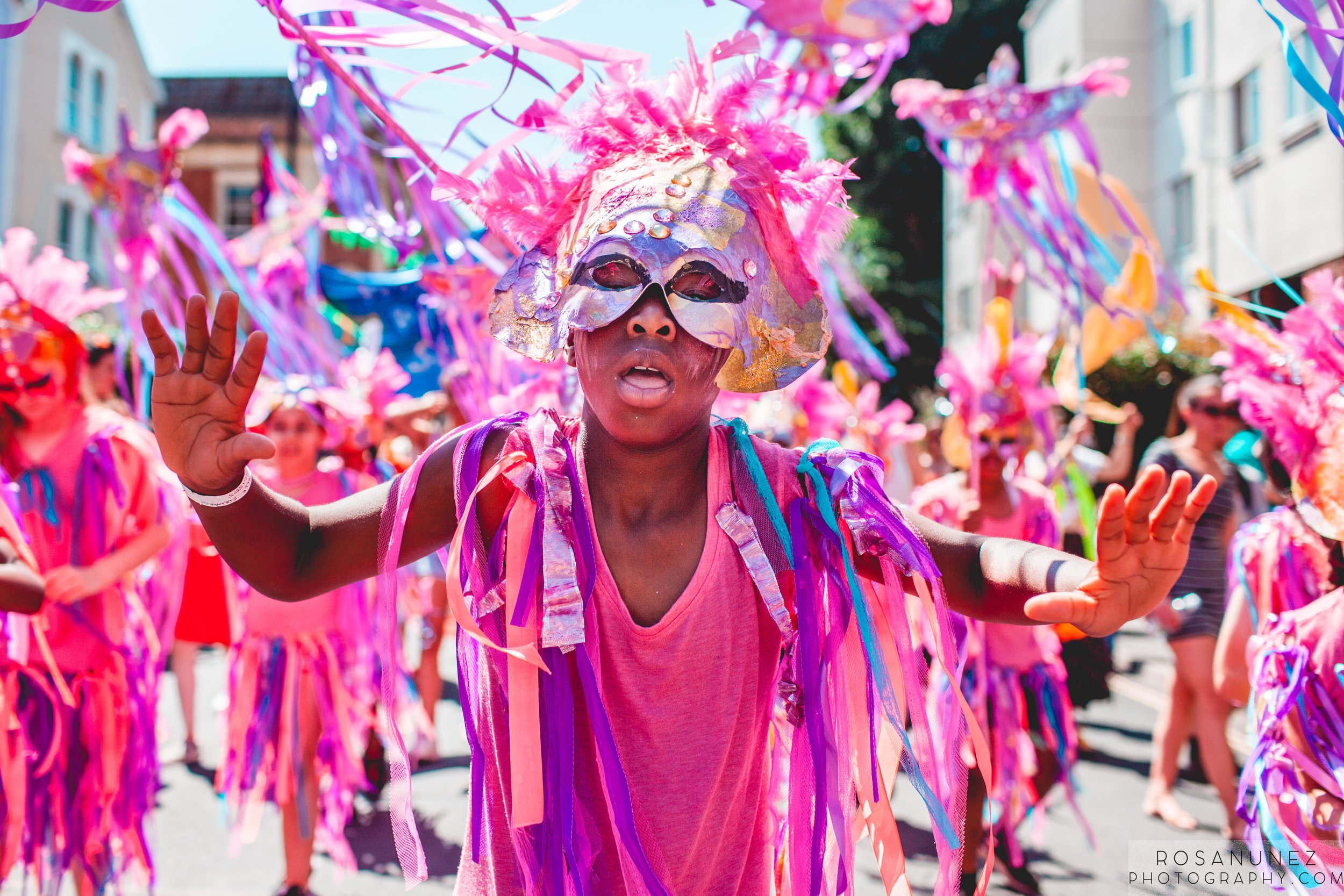Becoming A City Of Culture
In partnership with St Paul’s Carnival/Trinity and David Jubb of Citizens In Power, we are exploring how to co-create a cultural strategy for the city and surrounding region with citizens.
During this research phase, funded by Calouste Gulbenkian Foundation (UK Branch), we invited a range of collaborators from the sector who place participation at the heart of their practice to hear from some of the best speakers working in democratic decision making right now.
Part 3: Becoming A City Of Culture
In our third blog we reflect on the thoughts and experiences of Bradford 2025 team members, May McQuade and Jack Lynch who used the Citizens’ Assembly model as part of Bradford’s successful UK City of Culture 2025 bid.
May McQuade was the Programme and Community Coordinator for Bradford 2025. It was her role to explore what they would do if they were to win, and what programming could happen during the bidding period. This involved lots of consultation work, spreading the word around the bidding and getting people on board.
Jack Lynch worked on creating the campaign and brand for Bradford 2025. His role looked at how the City of Culture bid looked and felt, and the story they wanted it to tell. Jack spoke about being particularly keen to make something that felt truly original in Bradford, particularly with regards to how people normally spoke about the area.
The group were interested to explore what the catalyst was for this groundswell of positive engagement with the Bradford 2025 campaign. Jack shared that there was a focus on taking public opinion and universal truths about Bradford, and working them into the campaign. They found this was a way that everyone – from people in the arts sector to people in the street – could understand the aim of winning a City of Culture bid, and that this helped create a high level of engagement. The group discussed that ‘finding the city’s universal truths’ could be an important part of a City of Culture bid for Bristol.
Delving into the local authority’s involvement in Bradford 2025, May shared how the council had set up and invested in the trust then fully supported the bidding process. The decision for the bid to be separate from the council gave the team creative freedom.
There was a question posed from the group about the high number of people of Pakistani heritage living in Bradford, and how the bid was representative of this community. May spoke about several staff and steering group members being of South Asian heritage and the broad consultation events taking place in every ward of the district. May also shared that part of the bid’s focus was around improving representation in decision making roles within the arts, and supporting growth of the South Asian arts offer in Bradford. She went on to say that there are also many other Global Majority groups living in the area, and they wanted to make sure everyone was involved - which was admittedly difficult. The group spoke about Bristol’s arts sector not being fully representative of the diverse population of the city, and how there would need to be careful thought put into that during the bidding process.
When asked what the biggest takeaways were from the process, Jack spoke about understanding that from a marketing perspective this is essentially a political campaign. May shared that, on a personal level, she felt it was important to start with a pace that makes sense with the communities you’re working with and not push too hard from the beginning – it’s a fast paced process and can easily become overwhelming.
Interested in finding out more?
Read part 1: What is a Citizen's Assembly? And part 2: Art for, with, by the people
Keep up-to-date about the project by joining our mailing list
Read Freddie Wulf's article: Identity Capital
Watch Trinity's take over of the Radix Big Tent
Join in the conversation using #67MillionVoices

